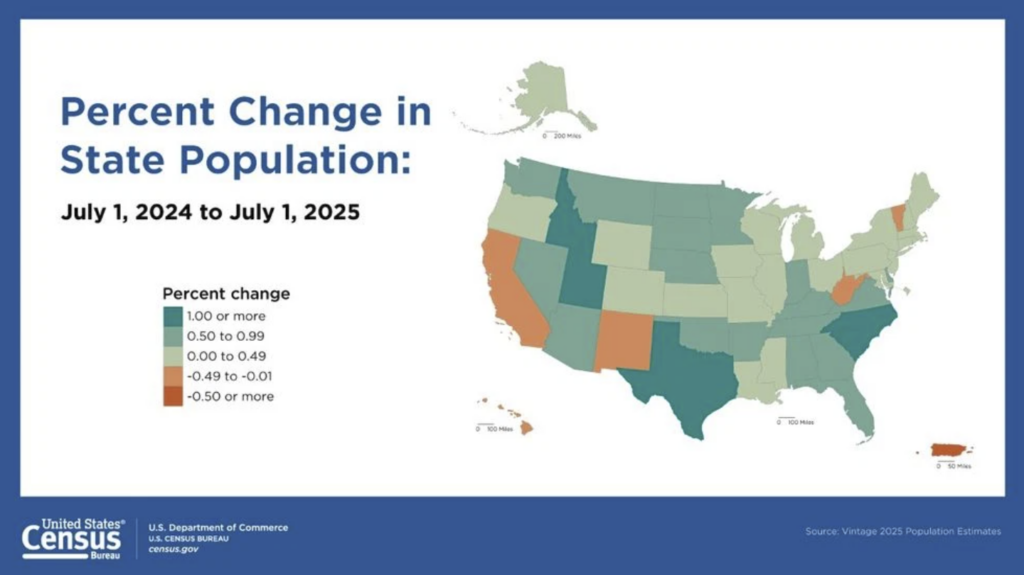FBI’s 2024 Internet Crime Report shows SC seniors were targeted most, lost almost $60m

FILE – The iPhone 14, iPhone 14 Pro and iPhone 14 Pro Max are displayed at the Apple Fifth Avenue store, Friday, Sept. 16, 2022, in New York. (AP Photo/Yuki Iwamura, File)
(WCIV) — A new report released by the Federal Bureau of Investigations Wednesday shows cybercriminals stole almost $150 million from South Carolinians last year, a marked increase from 2023 with seniors accounting for over a third of reported losses.
The 2024 Internet Crime Report, compiled by the FBI’s Internet Crime Complaint Center (IC3), showed losses exceeding $16 billion nationwide, a 33% increase from 2023. In South Carolina, $146 million was reported in losses, an increase by over $27 million from 2023.
People over 60 in the Palmetto State submitted the most complaints to the IC3 and lost the most money, with over $58 million in losses reported by seniors across the state.
The most common cyber crimes in SC were:
- Extortion (1,384 reports)
- Phishing/spoofing (1,259 reports)
- Personal data breaches (924 reports)
Business email compromises accounted for $40.8 million in losses, up from around $30 million in 2023, while confidence/romance scams account for $15.1 million, up from $11.3 million in 2023. Investment fraud losses were around $38.4 million, making it the second highest financial loss cyber crime in the state, but that number is down from 2023, where it was around $42.5 million.
Seniors were targeted the most
Victims of cyber crime in South Carolina over 60 experienced the highest losses in 2024, with 2,295 victims losing over $58.5 million.
Almost $3 million of that $58.5 million was to confidence/romance scams, where criminals will use fake online identities to gain the trust of victims with the illusion of a romantic or close relationship. To learn more, click here.
Seniors lost almost $30 million alone to tech support scams, government impersonation scams, and investment fraud schemes, with nearly $10 million lost in each category.
Tech support scams often involve someone impersonating an employee from a well-known tech company like Microsoft or Apple contacting a senior to tell them something is wrong with their computer using technical jargon to confuse. They often may ask for remote access to a computer, install malware, or ask for credit card information to “bill” for their support. For more information, click here.
Some scammers contact seniors pretending to work for the federal government, often specifically the Internal Revenue Service (IRS) or Social Security Administration (SSA). They may call, email, or text using an intimidating tone of governmental authority to steal money, personal information, or both. IRS scammers often try to convince seniors they owe money for taxes and threaten them with legal action, while SSA scammers sometimes tell them there are problems with their accounts or they can increase the benefits paid out. For more information, click here.
Investment fraud is incredibly varied and can take on many forms – advance fee fraud, high yield investment programs, impersonation schemes, pyramid schemes, and more. For more information, click here.
Reid Davis, Acting Special Agent in Charge of the FBI Columbia field office, said the FBI is working to empower the public against cyber crime, especially seniors. “One effort is our outreach to South Carolina seniors where we engage with groups about current online threats and provide them with security measures they can take to stay ahead of the evolving cyber landscape.”
If you or your business are a victim of an internet crime, immediately notify all financial institutions involved in the relevant transactions, submit a complaint to www.ic3.gov, contact the nearest FBI field office, and contact local law enforcement.
If you or someone you know believe to be the victims of elder fraud, contact the US Department of Justice’s Office for Victims of Crime elder fraud hotline, 833-FRAUD-11 (833-372-8311). Click here to learn more.


